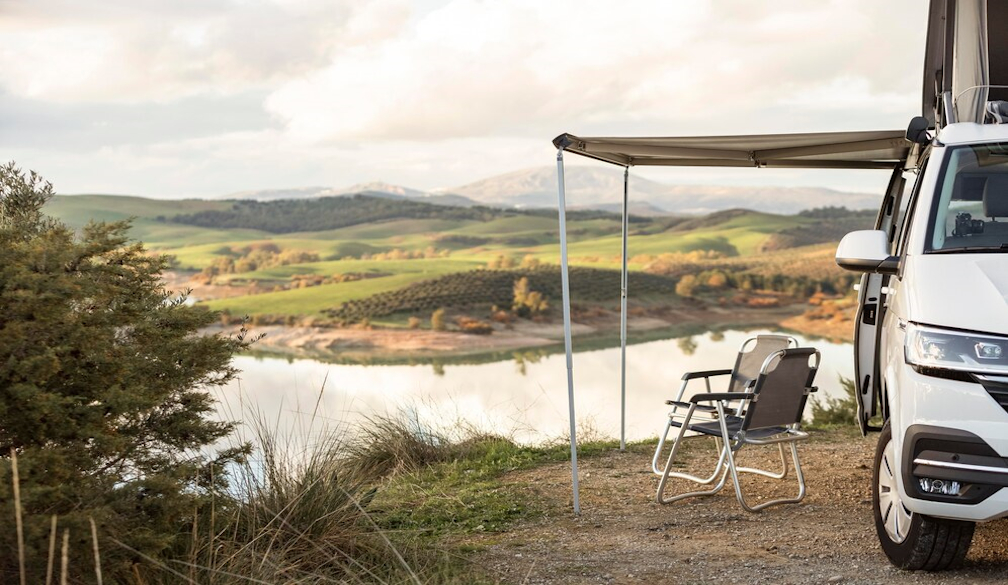The Differences Between Off Road Caravans & On road Caravans

When it comes to planning an adventurous road trip across Australia's picturesque landscapes, the choice of caravan can make or break your journey. While standard caravans offer comfort and convenience, off road caravans are designed to tackle the rugged terrain that often characterises the harsher off road environments across Australia. Understanding the differences between these two types of caravans is important for making an informed decision that suits your travel aspirations. This article will explore the key distinctions between off road caravans and their standard counterparts to help you determine whether you should be looking at off road caravans for sale or sticking with a on road option.
Build & Construction
The most striking difference between off road caravans and On road caravans lies in their construction. Off road caravans are built to withstand tougher conditions and are typically equipped with a stronger chassis, reinforced suspension and heavy-duty tyres. These features provide better stability and durability when navigating uneven and challenging terrains, making off road caravans for sale SA an ideal choice for adventurous travellers.
In contrast, on road caravans are generally designed for smooth, sealed roads. Their lighter construction makes them easier to tow and more fuel-efficient, but they may not hold up well on bumpy or gravel paths. If your travels are confined to well-maintained highways and caravan parks, a on road caravan might suffice. However, if you plan to explore remote areas, off road caravans are the way to go.
Suspension Systems
One of the vital components that set off road caravans apart is their advanced suspension systems. Off road caravans often come with independent suspension, offering better wheel articulation and shock absorption. This feature ensures a smoother ride over rough terrain and reduces wear and tear on both the caravan and its contents.
On roads caravans generally use lighter suspension and chassis components which is adequate for conventional road conditions but may struggle on uneven surfaces. If you plan to traverse challenging landscapes, the superior suspension of off road caravans is an invaluable asset.
Interior Design & Amenities
While the exterior and mechanical features of off road caravans are rugged and robust, their interiors aren’t compromised. Modern off road caravans often come equipped with high-quality amenities and luxurious interiors, ensuring you don't have to sacrifice comfort for adventure. On road caravans also offer a range of amenities, but they might lack some of the specialised features found in off road models, such as extra storage for outdoor gear, enhanced water tanks and solar power systems. If your journeys involve extended periods off the grid, the additional amenities in off road caravans can provide added convenience and self-sufficiency.
Weight & Towing Considerations
Weight is another factor that differentiates off road caravans from on road caravans. Off road caravans tend to be heavier due to their reinforced construction and additional features. As a result, you'll need a more powerful vehicle to tow them safely. This could mean a larger SUV or a 4WD capable of handling the increased load. On road caravans are generally lighter and can be towed by a wider range of vehicles, including smaller SUVs and family cars. If your vehicle isn’t equipped to tow heavy loads, a on road caravan might be a more practical choice.

